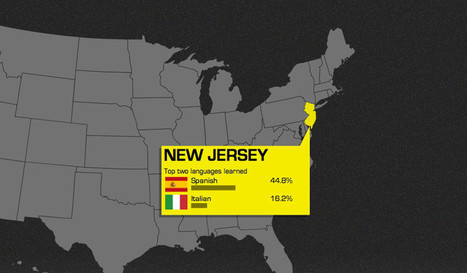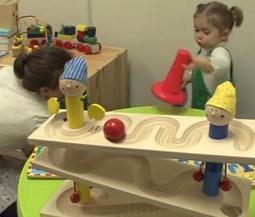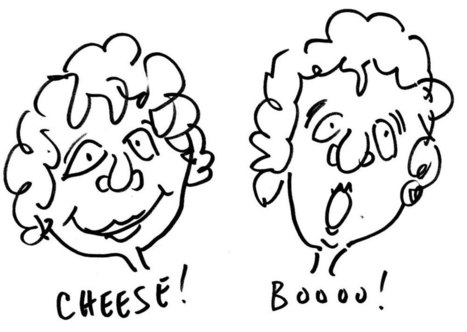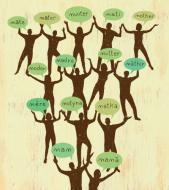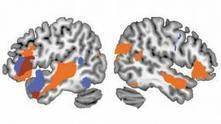Why Do Languages Die? Urbanization, the state and the rise of nationalism “The history of the world’s languages is largely a story of loss and decline. At around 8000 BC, linguists estimate that...
Research and publish the best content.
Get Started for FREE
Sign up with Facebook Sign up with X
I don't have a Facebook or a X account
Already have an account: Login

 Your new post is loading... Your new post is loading...
 Your new post is loading... Your new post is loading...
|

Micki Pacific's curator insight,
March 4, 2013 3:15 PM
Science has now become aware of the power of initial conditions, through chaos theory, the work of Mandelbrot with fractal geometric forms, and the work of Wolfram and the patterns that can be produced by digital reiterations of simple and only slightly different starting conditions. Within the fertilized egg lie the initial starting conditions of every human.

Blake Turnbull's curator insight,
April 8, 2013 9:57 PM
An interesting look at technology factors on language change including text-talk in the digital age and young people's technology driven language use. |






